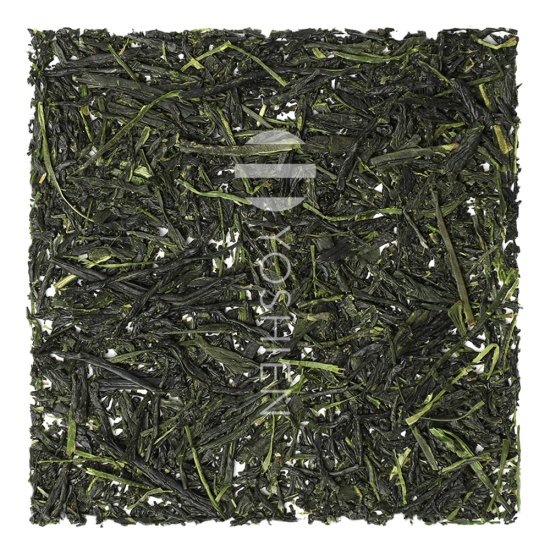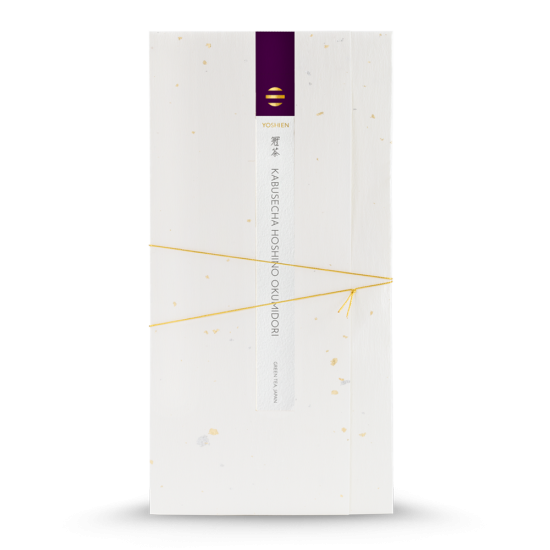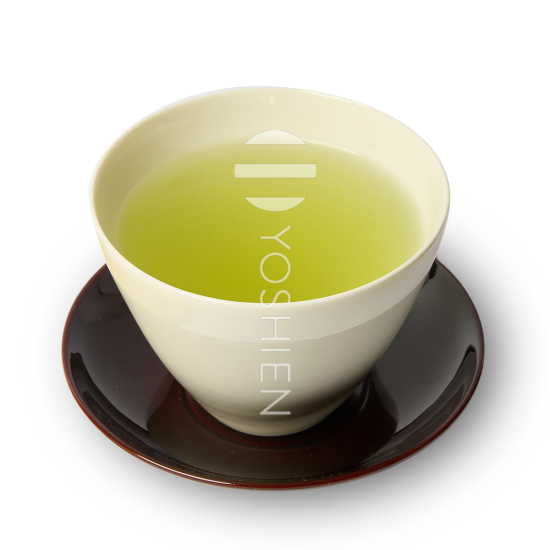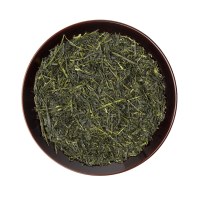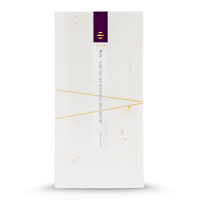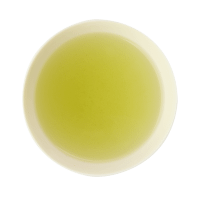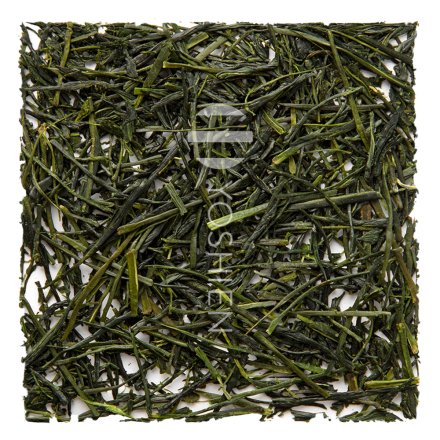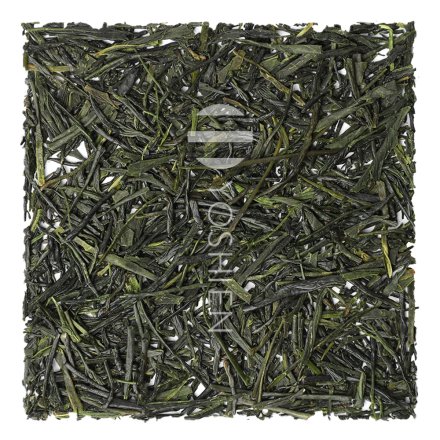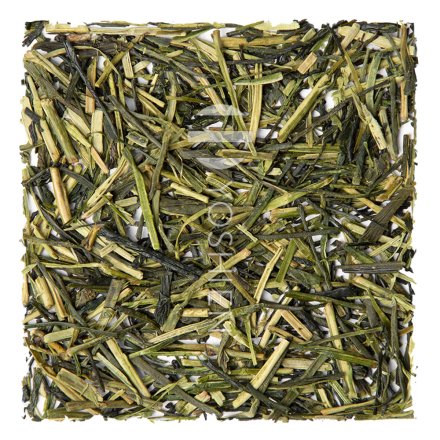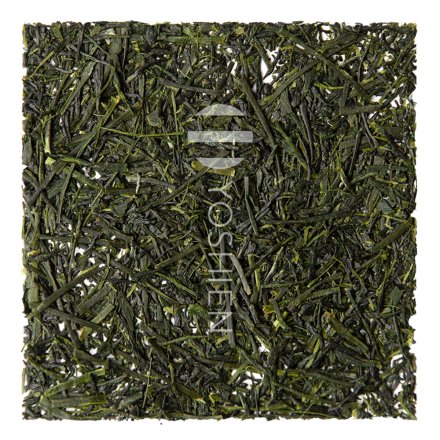The tea field is in a prime location right by the river in the Nagao district of the world-renowned village of Hoshino in Yame. This hilly region is famous for its deep, full-bodied gyokuros, which are masterfully grown and produced there. The leaves only come into contact with mindful hands at every stage, from cultivation and care to hand harvesting and gentle drying. Only the finest, long and intact needles are used. The soil is interspersed with small stones, which provides particularly favourable drainage and enhances the quality of the tea. The riverside location benefits from the moisture and mist released into the air from the river that runs through the village. Master Takaki uses purely organic fertiliser in only very little quantities, which makes him stand out from many other Hoshino farms. Only a few kilograms of this top kabusecha are produced each year.





